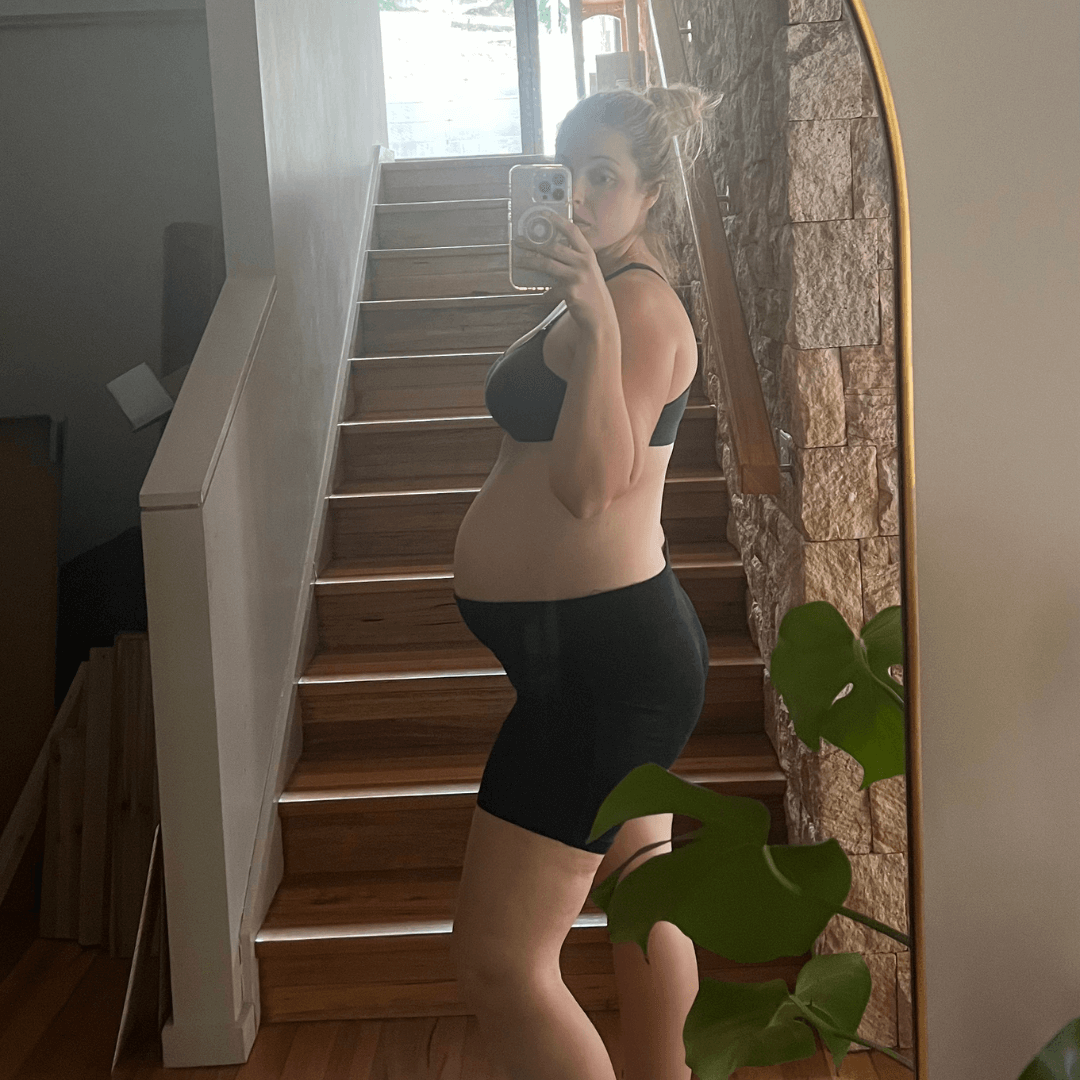If you feel like you could nap at any moment during pregnancy, you are not alone. Fatigue is one of the most common symptoms, particularly in early pregnancy and again towards the end. Many women are surprised by just how intense this tiredness can be. It’s not just “a bit sleepy,” it can feel like your body has hit a wall.
As a midwife, I want to reassure you that this is usually normal. Your body is working incredibly hard to grow a baby, and tiredness is one of the clearest signs of that. Still, there are safe and practical ways to support your energy levels and manage day-to-day life when fatigue sets in.
Why Does Pregnancy Fatigue Happen?
The causes depend on which stage of pregnancy you are in:
• First trimester: Hormonal changes, particularly rising progesterone, can leave you feeling unusually sleepy. Your blood volume is also increasing rapidly, and your body is diverting energy into building the placenta.
• Second trimester: Many women notice an energy boost here, as the body adjusts.
• Third trimester: Fatigue often returns, this time due to the physical strain of carrying extra weight, disrupted sleep, and increased discomfort.
Everyday Ways to Ease Pregnancy Fatigue
Fatigue may not disappear completely, but small adjustments can help you feel more comfortable and supported.
• Prioritise rest. Naps or earlier bedtimes may feel indulgent, but they are necessary.
• Fuel your body. Eat small, balanced meals with protein and complex carbohydrates to avoid energy dips.
• Stay active. Gentle movement such as walking, stretching or pregnancy yoga can actually boost energy and improve sleep quality.
• Hydrate well. Dehydration worsens tiredness. Aim for steady fluid intake across the day.
• Listen to your body. If it says rest, rest. Pushing through exhaustion can make you feel worse.
When to Check In With Your Care Provider
Sometimes, fatigue is more than “just pregnancy.” It is important to seek medical review if:
• You feel exhausted to the point it interferes with daily life.
• Fatigue is accompanied by dizziness, palpitations, shortness of breath or headaches.
• You notice heavy bleeding or persistent nausea.
Your midwife or doctor may recommend blood tests to check for conditions such as anaemia, thyroid changes, or gestational diabetes, which can all contribute to tiredness.
Emotional Fatigue
Pregnancy is not only physically demanding, but emotionally intense too. Anxiety about birth, disrupted sleep, or the mental load of preparing for a baby can all add to fatigue.
Support strategies include:
• Talking openly with your partner, friends, or a trusted midwife.
• Joining a local mothers’ group or online community for reassurance.
• Practising gentle relaxation techniques such as mindfulness, deep breathing, or guided meditations.
Pregnancy fatigue is a sign of your body’s remarkable work. It can be challenging, but with rest, nourishment, and support, most women find ways to cope. If your tiredness feels extreme, remember it’s never a bother to raise it with your healthcare provider. You deserve to feel heard and supported.
Disclaimer: This blog is for general education only and is not a substitute for personalised medical advice. Please speak with your midwife, doctor, or healthcare provider about any concerns during pregnancy.
Cart is Empty
Your Cart is Empty
- Choosing a selection results in a full page refresh.
- Opens in a new window.










